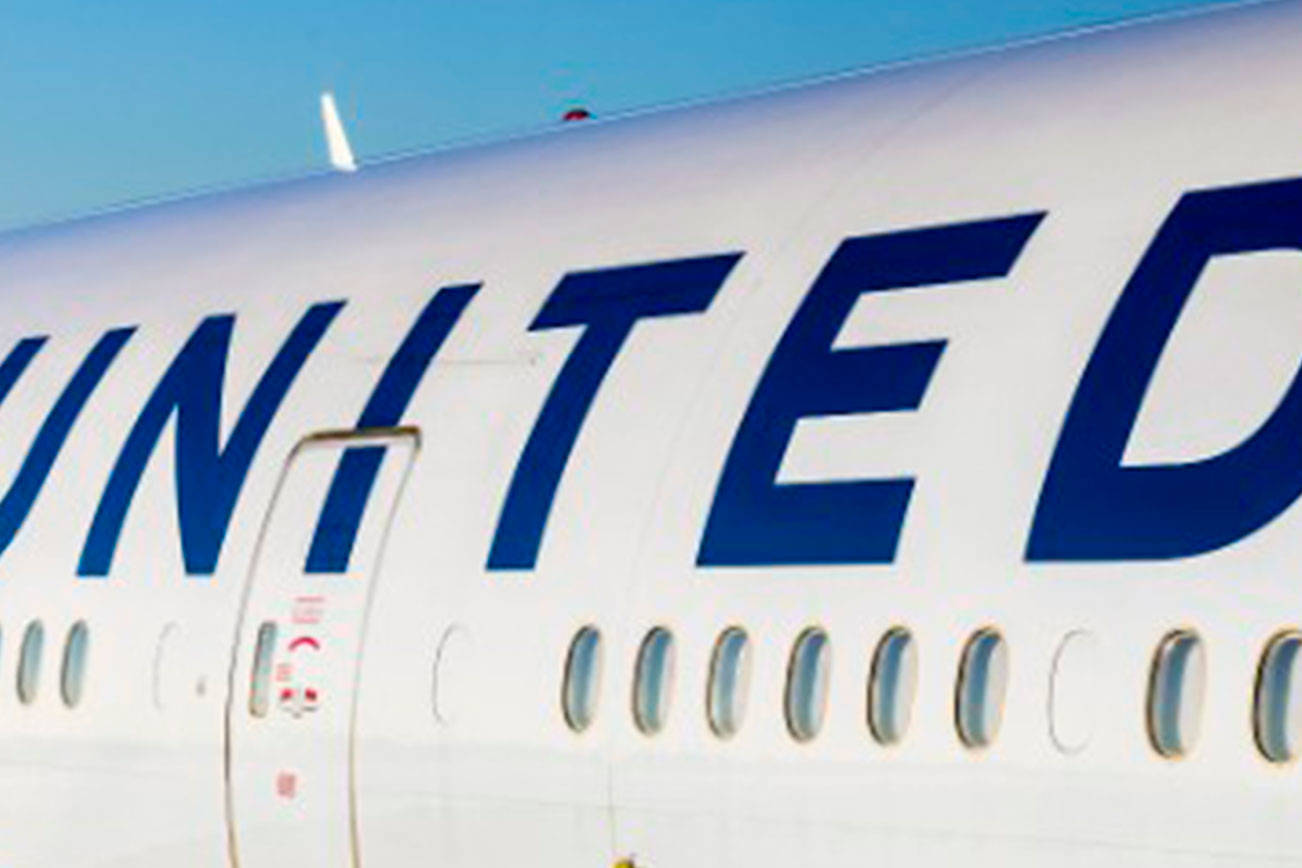It may take United Airlines years to overcome the public relations nightmare of a doctor being dragged off an overbooked flight by Chicago police. That one incident not only sparked costly litigation, but could well impact the company’s bottom line and expansion plans.
Unfortunately, for United, with today’s cellphones and social media, millions of people worldwide instantly saw the video. Some started a boycott.
The video lit up social media in China where United is working hard to establish new routes. According to the Wall Street Journal, China’s Twitter-like microblogging service, Weibo, drew 160 million views and 100,000 comments shortly after the incident.
It is common for airlines to overbook flights because there is a high likelihood not all passengers will show up. There are times when airlines must bump passengers to reposition flight crews. Such was the case on April 9 with United Express 3411 from Chicago to Louisville, when the airline needed four passengers to give up their seats. Three did, but a fourth resisted.
United’s policy allows gate attendants to offer up to $1,000 vouchers to bumped passengers, but sometimes that isn’t enough. Recently, Delta paid $1,350 to entice customers to give up their seats when many flights were grounded by severe thunderstorms on the East Coast.
In United’s case, even if it had to pay $1,500 or $2,000, it would be well worth the extra expense. The fallout from videos is just too damaging.
Remember the auto oil filter commercial where the mechanic says: “You can pay me now or pay me later!” It maybe $50 for an oil change and a new filter today, or $5,000 for an engine rebuild tomorrow. The same philosophy applies here.
Here’s the point. You do what it takes to satisfy customers even if sometimes it results in added costs. Good customer service starts with empowering people to solve problems.
For example, last week I discovered I’d been scammed on tickets for a Jersey Boys performance at Keller Auditorium in Portland. I’d purchased the tickets on line last December from what seemed to be a reputable site. Unfortunately, it wasn’t.
It was a Christmas present for my wife. I received a letter with an order confirmation number. I filed the letter and a few days before the performance when there were no tickets, I started making calls. You guessed it, there was no vendor, no tickets, and no way to recover my money.
I called the folks at Keller who graciously checked their vendor list and found there was no one with my ticket code. After that check, it would have been within their limits to simply console us and send us on our way.
Instead, the staff found replacement tickets at a reasonable price. We saw the musical and will be going back for other performances.
Successful companies and organizations live on satisfying the people who pay for their services or products. They empower them by instilling problem-solving attitudes. Customers are not a pain, they are a pleasure. They have fine sensors and instantly segregate the caring from the callous.
Good customer service is engrained in organizational cultures. It encourages, not punishes, people to use their judgment to solve problems especially difficult ones.
Undoubtedly, the forced removal of Dr. Dao, the physician dragged off United Express 3411, will likely trigger the federal Transportation Department and Congress to review airline bumping policies. It may result in new laws and regulations which could be more punitive and costly.
However, the public relations fallout for a company which once encouraged travelers to “fly its friendly skies” may be the most harmful of all.
Don C. Brunell is a business analyst, writer and columnist. He retired as president of the Association of Washington Business, the state’s oldest and largest business organization, and now lives in Vancouver. He can be contacted at theBrunells@msn.com.


